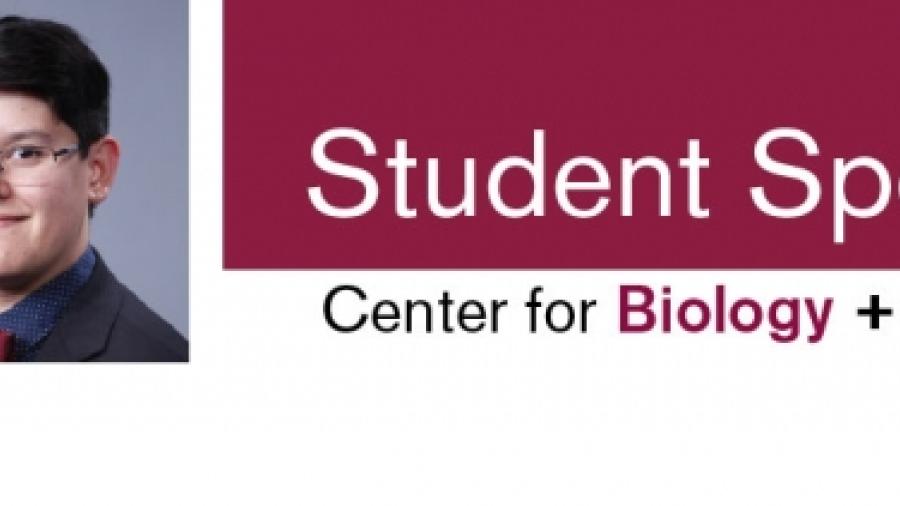
Student Spotlight: Theora Tiffney
Author: Theora Tiffney
My fascination with infectious diseases began with my mother's bedtime stories. Instead of the cheerful, popular chapter books that were school-approved introductions to reading, my mom fell back on the books from her childhood. Those books were popular science like Paul DuKrief's Microbe Hunters and Berton Rouche's Eleven Blue Men. I was swept away by the daring detective work that stopped an outbreak of typhoid during the 1940s in New York, and horrified by what tetanus could do to the human body (my pediatrician commented, in some bemusement, that I was the first kid he'd ever had ask for a tetanus shot). Even in elementary school, I knew I wanted to be a scientist.
For my undergraduate degree I attended the University of California, Santa Barbara, still determined to do all the science. I spent my time happily amassing laboratory experience in a wide range of biological disciplines: field ecology, entomology, marine biology, developmental biology, and herpetology. I kept coming back to my fascination with infectious diseases. But my history courses illuminated a new dimension to my longtime interest. I realized that our scientific understanding of infectious disease was only one half of a vital coin; understanding how people and political entities react to infectious disease was just as important in stopping outbreaks in their tracks. With a new, poorly understood disease, managing infection by managing human behavior is key. And with a well-known, treatable disease, managing infection through treatment availability is equally important. As the ongoing COVID-19 crisis so clearly illustrates, the social aspect of stopping infectious diseases are just as important as the development of drugs and vaccines.
My interest in the social, ethical, and political aspects of infectious disease prevention and containment brought me to the Center for Biology and Society. Here, I've really been able to dig deep into how our political and economic systems handle disease outbreaks and epidemics. I was lucky to spend four months interning at the World Health Organization, or WHO, where I got firsthand experience in evaluating how to build research capacity around the world. I am now finishing my dissertation on the history of treatments for Hepatitis C, and how federal funding policy and intellectual property law help create price-based access barriers to essential medicines. I plan to continue exploring the ways in which our established social and economic systems can be leveraged to better meet public health challenges. As our response to COVID-19 shows, we have a lot to learn about how to effectively respond to infectious disease outbreaks and I hope to one day be a part of the solution.